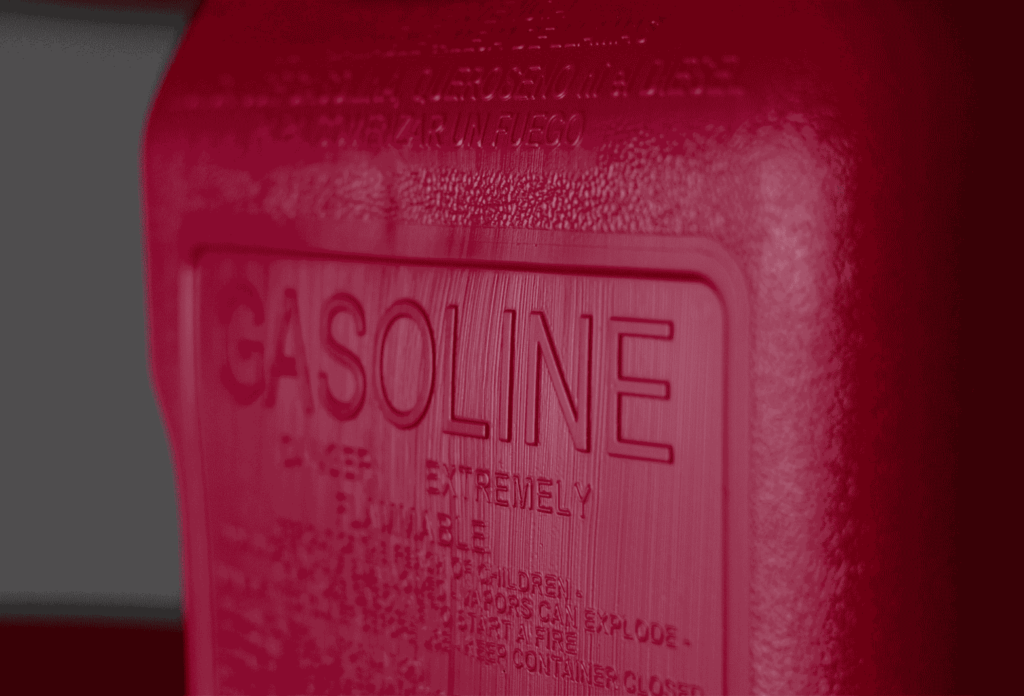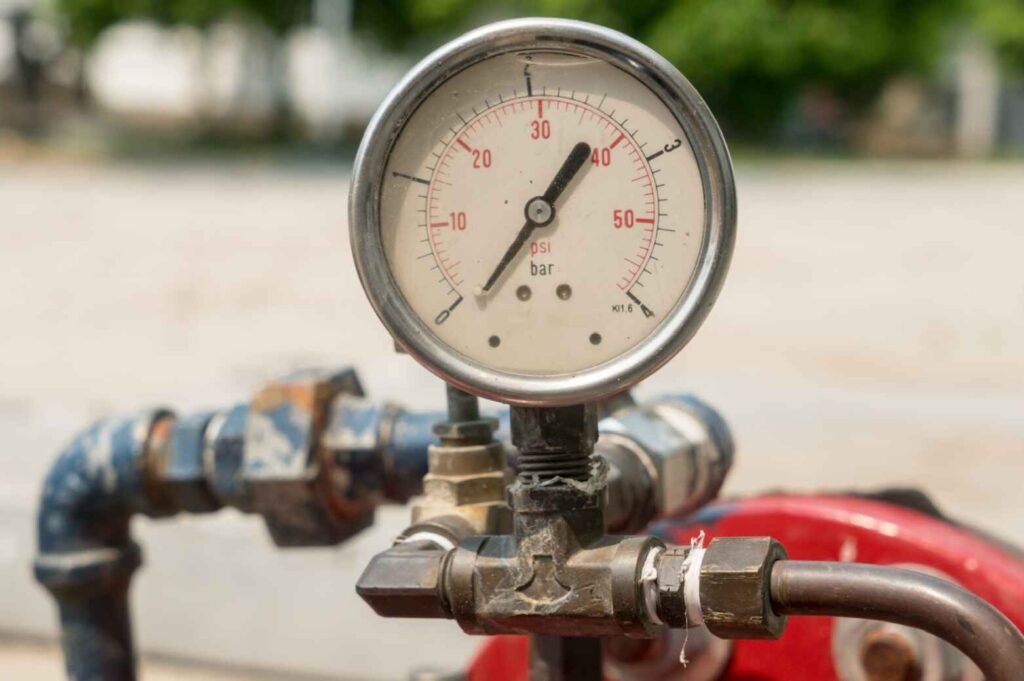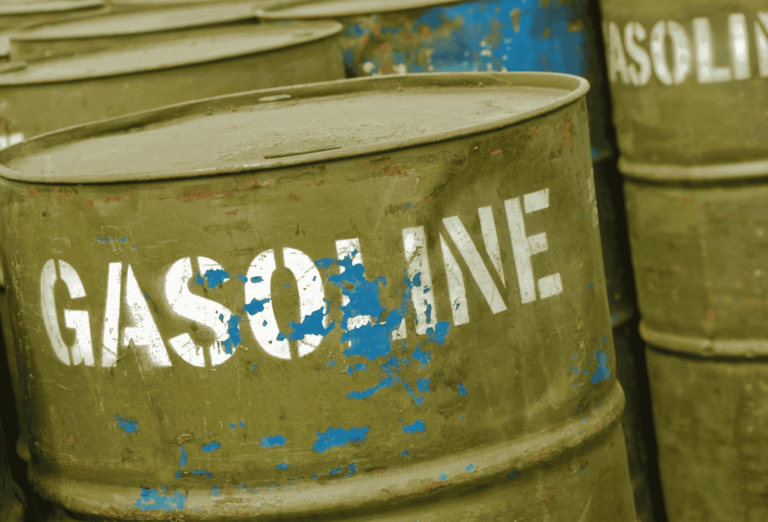Table of Contents
When we talk about gas weight per gallon, many people cannot take it serious but as you know that the fuel prices are changing day by day so it is very important factors that matters alot because it helps us understand fuel efficiency, car performance, and environmental impact. Knowing the gas weight can also guide drivers to make better choices when refueling.
In this article, we will discover 7 shoking facts about gas weight per galon that will surprise you! including its significance, how it is measured, and tips for choosing the right gasoline.
How Much Does Gas Weigh Per Gallon?
An average weight of 1 gallon of gas is about 6 to 6.5 pounds. This is less than a gallon of water, which weighs more because water is denser. The weight of gasoline can change depending on the type of gas and what is added to it. Temperature and pressure also play a role in how much gasoline weighs.
The hydrocarbons in gasoline can affect its weight too. These factors like temperature and pressure can change how heavy it is.
Gasoline comes in different grades, which are determined by the octane rating. The grades are 87, 89, and 93. A lower number means the fuel ignites sooner. The octane rating shows how well the fuel can resist igniting on its own. Gasoline with a higher octane rating is better at not igniting by itself, especially in hot temperatures.
What Is Gasoline?

Understanding Gasoline
Gasoline is a liquid fuel that powers many of the vehicles we use every day, from cars and trucks to motorcycles and lawn mowers. It is a complex mixture of hydrocarbons and other chemicals derived from crude oil. Gasoline is not just one thing; it is made up of various components that work together to create an effective fuel.
Gasoline is important in our daily lives. It powers vehicles, allowing us to travel to work, school, and places we enjoy. Understanding gasoline helps us appreciate the convenience it provides and the science behind it.
The Making of Gasoline:
After knowing about what is gasoline or gas weight per gallon then people frequently ask that what is procedure of making gasoline so here we will discuss about the process of making gasoline is fascinating and involves several key steps:
1. Extraction: Oil companies drill into the ground to extract crude oil. This oil is a thick, dark liquid found deep beneath the earth’s surface. The extraction process can be complex and often involves advanced technology.
2. Transportation: Once crude oil is extracted, it must be transported to a refinery. This is typically done through pipelines, tankers, or trucks. Safe transportation is crucial to prevent spills and environmental damage.
3. Refining Process: At the refinery, the crude oil undergoes a refining process. This involves heating the oil and separating it into different components based on their boiling points. Lighter components rise to the top and become gasoline, while heavier components are used for other products.
4. Additives: After separation, various additives are mixed with gasoline. These additives improve the fuel’s performance, increase its shelf life, and keep engines clean.
Some common additives include detergents, anti-knock agents, and antioxidants.By understanding how gasoline is made, we can appreciate its complexity and the efforts involved in producing it.
Types of Gasoline

There are different types of gasoline, which can plays a very important role in gas weight per gallon or performance of vehicle. Here are the main types:-
Regular Gasoline: This is the most common type and usually has the lowest price. It typically has an octane rating of 87 and is suitable for most cars.-
Mid-Grade Gasoline: This type has a higher octane rating, usually around 89. It can offer better performance for certain vehicles, especially those with high compression engines.
Premium Gasoline: This is the highest quality gasoline, often used in high-performance vehicles. Premium gasoline has an octane rating of 91 or higher, providing improved engine performance and efficience.
Choosing the right type of gasoline is essential for your vehicle’s performance. Changing the type of gasoline can also change the gas weight per gallon. Always refer to your car’s manual to find the recommended type for your engine.
Average Gas Weight Per Gallon:
Knowing the average weight of 1 gallon of gas is important for drivers and those who work in industries that rely on fuel. It helps in calculating how much fuel is needed for specific trips and how it affects overall vehicle performance.
After knowing this many people asks that What Factors Influence Gas Weight per gallon?
So here we can describe some common factors thatcan realy affect tha gas weight per gallon.
1. Temperature: Gasoline expands when it is warm and contracts when it is cold. Therefore, when the temperature rises, the gasoline may weigh less, while cooler temperatures can make it denser and heavier.
2. Composition: Different types of gasoline have different mixtures of hydrocarbons and additives. These variations can lead to slight differences in weight. For example, premium gasoline might weigh slightly more than regular gasoline due to its composition.
3. Altitude: At higher altitudes, the air pressure is lower. This can affect the weight of gasoline as well, although this impact is usually minimal.
Understanding these factors can help drivers better gauge how fuel weight may change under different conditions, ultimately influencing their driving habits and fuel economy.
Why Is Gas Weight Important?

Understanding gas weight or gas weight per gallon is crucial for several reasons, and it may also save you from many of important problems particularly its impact on fuel efficiency:
1. Fuel Efficiency: The weight of gasoline can influence how far a vehicle can travel on a gallon. Vehicles with lighter fuels may achieve better mileage, making them more cost-effective for drivers.
2. Engine Performance: Some engines are specifically designed to operate efficiently with certain weights of gasoline. For example, high-performance engines often require premium gasoline for optimal performance, which is typically heavier and denser.
3.Environmental Considerations: The weight of the fuel can also relate to emissions produced during combustion. Heavier fuels may produce more harmful emissions, contributing to air pollution. Understanding gas weight helps consumers make environmentally friendly choices when refueling.
How Gas Weight Affects Cars
The gas weight per gallon can significantly influence vehicle performance. Here’s how:-
Acceleration: Heavier fuels can lead to slower acceleration because the engine has to work harder to move the extra weight. This can be particularly noticeable in smaller, lighter vehicles.
Engine Strain: If a vehicle consistently uses heavier fuels than recommended, it may put extra strain on the engine, leading to wear and tear over time.
Mileage: Using the right fuel weight for your vehicle can help optimize mileage. Vehicles that operate with the recommended fuel type tend to perform better and use fuel more efficiently.
By understanding how gas weight impacts performance, drivers can make better decisions that enhance their driving experience.
How to Measure Gas Weight Per Gallon:

Calculating Gas Weight Per Gallon
To calculate the weight of 1 gallon of gas, you can use this simple formula:
Weight=Density×Volume
Where
- Density: The weight of gasoline, typically around 6.3 pounds per gallon.
- Volume: The number of gallons you have.
For example, if you have 10 gallons of gasoline, the weight would be calculated as follows:
Weight = 6.3 lbs/gallon×10 gallons=63 lbs
This means that 10 gallons of gasoline would weigh about 63 pounds.
Understanding Density and Its Importance
Density is a measure of how much mass is contained in a given volume. For gasoline, density can change with temperature and composition, affecting weight.
- Lower Density: Lighter fuels with lower density may lead to better mileage and less strain on the engine.
- Higher Density: Heavier fuels may provide better engine performance but can also lead to increased emissions and lower fuel efficiency.
Understanding these concepts helps drivers make informed choices about the fuel they use.
Why Knowing Gas Weight or Gas Weight Per Gallon is Good
1.Save Fuel: Knowing gas weight helps you use fuel better. Different weights change how far your car can go. This means you can save money on gas!
2. Take Care of Your Car: Using the right gas keeps your engine running well. If the gas is too heavy or too light, it can hurt the engine. Knowing gas weight helps you pick the best fuel for your car.
3.Help the Environment: Picking the right gas can be good for the Earth. Lighter gas or gas that makes less smoke can reduce pollution and keep our planet clean.
4. Better Driving: Knowing how gas weight affects your car makes driving more fun. Your car will drive smoother, go faster, and handle better.
5.Prevent Leaks: If gas gets too heavy, it can leak and make your car smell like gasoline. I was wrote a complete artile 7 Unexpected Reasons for Gas Smell in Car and Their Fixes so just goo and show you supporr
Tips for Choosing the Right Gasoline
1. Read the Manual: Check your car’s manual to know what gas to use. It tells you the best type and octane level.
2. Look at Additives: Some gas brands add stuff to make your car run better. Pick brands with good additives to keep the engine clean.
3. Check Prices: Gas prices are different everywhere. Find good prices but don’t pick bad gas.
4. Think About the Environment: Choose gas that makes less pollution. This helps the planet and your car.
Frequently Asked Questions About Gas Weight per Gallon
1. What is the average weight of 1 gallon of gas?
The average weight of 1 gallon of gas is between 6 to 6.5 pounds.
2. How does temperature affect gasoline weight?
Yes, temperature affects gasoline weight. When gasoline gets warm, it expands and weighs less. When it’s cold, it contracts and weighs more.
3. Is gasoline heavier than diesel fuel?
Yes, diesel fuel is typically heavier than gasoline, with diesel weighing around 7 to 8 pounds per gallon.
4. Can the weight of gasoline vary between different brands?
Yes, the weight can vary between brands due to different additives and chemical formulations.
5. How does gas weight impact fuel economy?
Heavier gasoline can result in lower fuel economy because the engine has to work harder to move the weight.
6. How can I find the weight of the gasoline I buy?
You can check the density of the gasoline at the gas station or refer to the specifications provided by the brand. Most gas stations use a standard weight for calculations.
ConclusionIn
In conclusion, understanding the gas weight per gallon is essential for anyone who drives. It helps us learn how gasoline works, its importance for fuel efficiency, and its effects on vehicle performance. By keeping this knowledge in mind, we can make better decisions when it comes to filling up our tanks, ensuring that we use the right fuel for our vehicles. Remember, knowing about gas weight not only helps save money but also protects our environment by encouraging more responsible fuel use.


